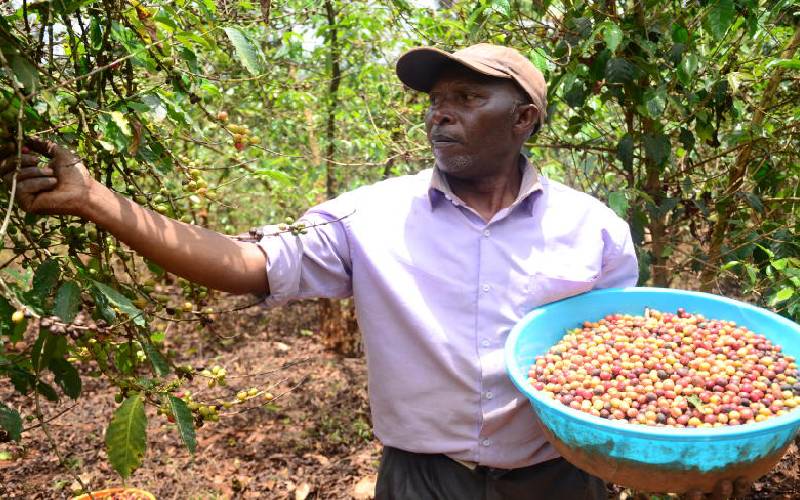×
The Standard e-Paper
Kenya’s Boldest Voice

In a new push to revive the coffee sector, some of the players in the crop’s value chain will now fall under the regulation of the Capital Markets Authority (CMA).
According to new regulations, the exchange that runs the auctions where Kenyan coffee is sold as well as brokers selling coffee on behalf of farmers will now have to be licensed by CMA.